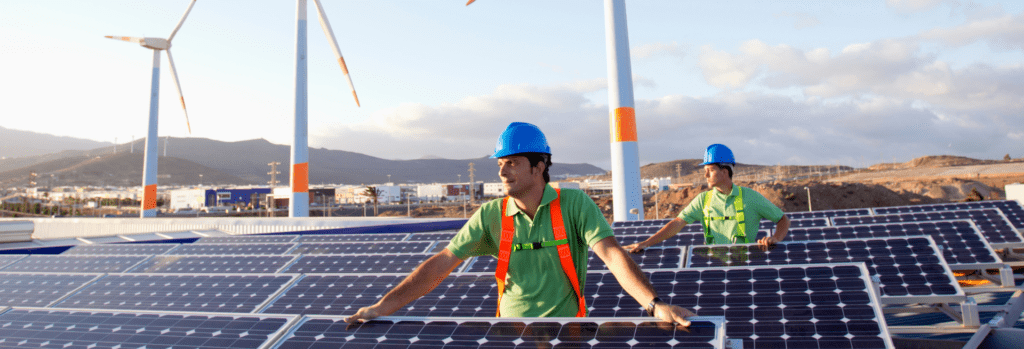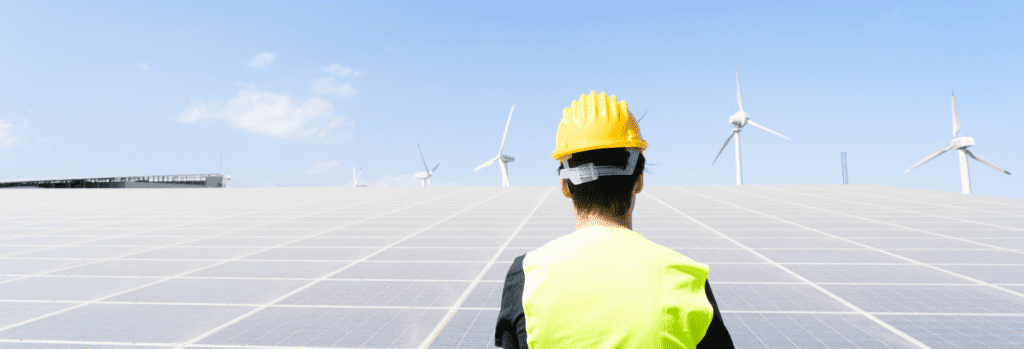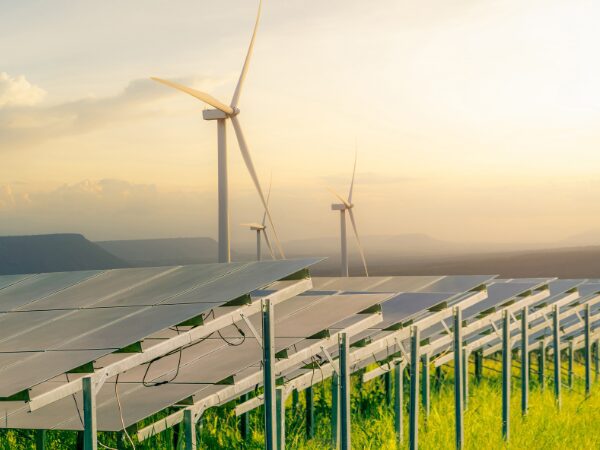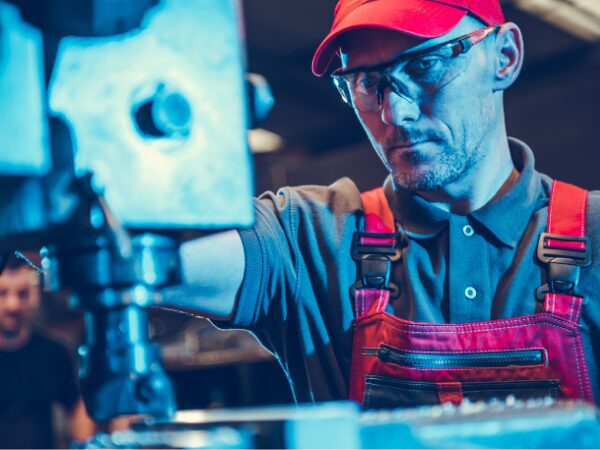Industry 4.0: Digital Transformation in Manufacturing
The Industry 4.0 represents a blend of two industries: information technology and manufacturing. ...

Recent advancements and the creation of new decarbonization technologies offer hope to help heal our struggling environment, as it is no secret that climate change is one of the greatest perils humanity is currently facing.
These technologies, focused on a variety of aspects ranging from renewable energy production and storage to the capture and valorization of greenhouse gasses, represent real and technologically feasible solutions to help slow down the global warming trend and create a better world for future generations.
One of the most intense areas of development in decarbonization is for renewable energy production, where through the exploitation of the basically infinite potential energy offered by nature, we hope to reduce our dependence on fossil fuels and other combustibles, thus directly stemming the production and release of greenhouse gasses.
This includes solar, wind, tidal and hydroelectric energies amongst others. Beyond improvements in the efficiency and scalability of renewable energy production through these sources, advancements in energy storage technologies represent key companion developments which can help compensate for the intermittent nature of certain sources like solar and wind, while also offering the possibility of load-balancing energy grids by feeding renewable energy back into them to compensate for the high demand brought on by the temperature extremes resulting from our warming climate.
There is also a strong focus on the transport sector, and being amongst the biggest greenhouse gas producers, the transition of global supply chains to renewable energy sources represents a key piece in the decarbonization puzzle. While electric vehicles are slowly gaining a foothold for personal use, the larger infrastructures used for commercial transport such as rail, marine cargo shipping and trucks are lagging behind on the implementation of renewables.
However, this is also an area where much work is being done to develop new technologies and prove the feasibility of their implementation in a variety of sectors. For this, the focus is evidently on the use of electric energy, but other novel fuel sources such as hydrogen or biofuels also have potential to reduce our dependence on fossil fuels for transport.

Along with minimizing the use of fossil fuels, another important area of research is focused on capturing and valorizing greenhouse gasses such as CO2, either directly at the site of production or from the ambient air. This implies the use of a combination of different technologies to first capture and purify these gasses, then to combine them with other gas streams such as hydrogen to chemically transform them into valuable products such as methane or kerosene.
While the use of such technologies to produce more combustibles does not seem like a net gain for the environment, such systems can be installed in-situ at the sites where these combustibles would be used, allowing for the creation of a truly circular energy system in which the main by-products of combustion, that is CO2 and water, are fed into a reactor system which retransforms them into the original combustible used in the system.
Using this approach would represent a major improvement for cases in which the use of combustibles is absolutely required and renewables would not be a feasible or efficient energy source.
As the creation and use of these technologies gains steam, we can look forward to further developments which allow renewable energy sources to be used in an ever wider range of applications. Along with a plethora of other environmental technologies currently being developed, decarbonization offers a ray of hope to illuminate a brighter future.
Decarbonized technologies are your concern? Contact our experts now!
Explore our latest insights
More arrow_forward
The Industry 4.0 represents a blend of two industries: information technology and manufacturing. ...

Provincial governments are slowly unveiling their provincial budgets outlining fiscal strategies ...

Recently, Canadian representatives attended COP27 to discuss the actionable steps to implement to...

Human-Machine Collaboration has become an essential part of the manufacturing industry. This coll...